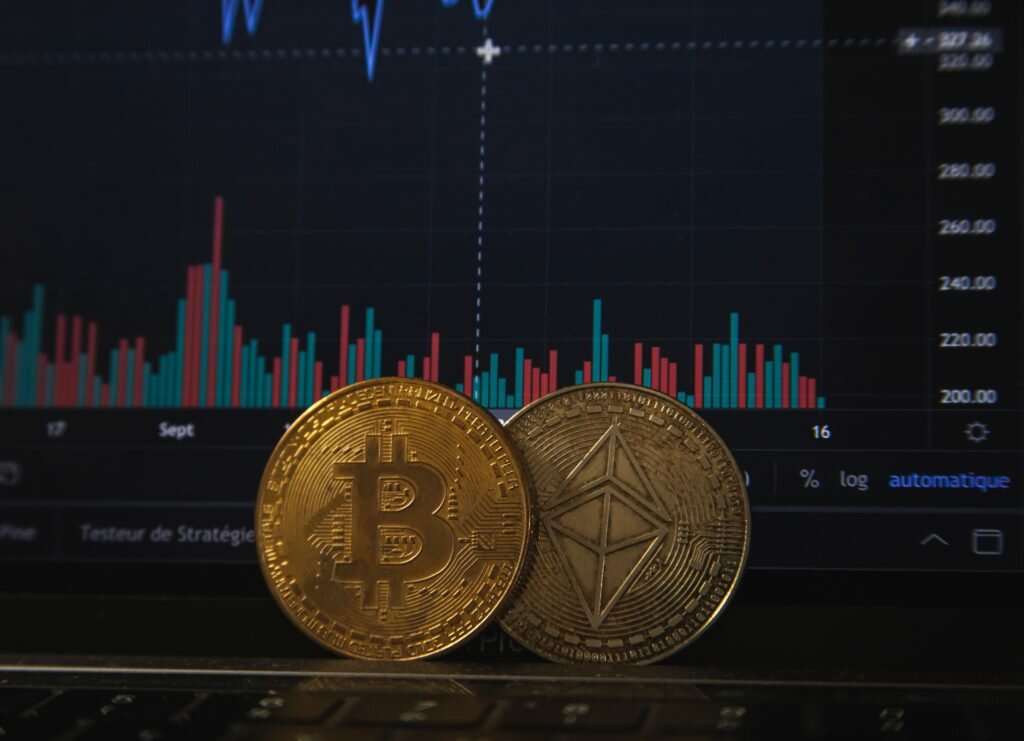Brief • 3 min Read

NFTs have entered the public consciousness – many Americans now say they’re familiar with them, but they’re divided on their value. In a recent study by The Harris Poll on behalf of Adweek, 40% of Americans say they’re now familiar with NFTs – up from 27% who said they were familiar with them when polled just under two weeks ago – and 81% are now aware of them.
And while 40% of the Americans who are familiar with NFTs say they’re at least somewhat likely to consider buying one, 42% of those familiar with NFTs see them as a short-term fad (e.g., they won’t be popular after 5 years). That said, 38% of Americans familiar with the crypto tokens say they’re a worthwhile financial investment even if they stop being trendy or popular.
Despite their growing popularity, few Americans overall are investing in NFTs as of now – only 12% say they are currently invested – but millennials are the most likely to have invested. Twenty-seven percent of millennials – who are also the most likely to be invested in cryptocurrencies – say they’re currently invested in NFTs.
Notably, those who consider themselves “collectors” are also more likely to own NFTs – 22% say they do. And that ticks up for wealthier collectors – 33% of collectors from households with incomes north of $100K say they currently collect NFTs.
Wealthy consumers and millennials are also the most likely to be collectors – and to collect NFTs. Half (50%) of Americans with a HHI above 100K+ say they’re collectors, and 31% are collecting NFTs. What’s more, 63% of millennials say they consider themselves collectors, and 40% of them are collecting NFTs
Among collectors, collecting NFTs is as common as collecting vinyl records and vintage toys (22% collect) – and more popular as a collector’s item than sports memorabilia (21% of collectors), comic books (19% of collectors) and cars (18% of collectors).
However, there’s a key difference in perspective between those who consider themselves investors and those who consider themselves collectors. Investors are more likely to see NFTs as a short-term fad (50% of investors vs. 43% of collectors) while collectors are more likely to see the sentimental value (61% of collectors vs. 46% of investors)
For those considering buying NFTs, they’re most likely to purchase an NFT of a song (36%), followed by digital artwork (35%) and videos (33%). NFTs of tweets (17%) and essays (13%) ranked the lowest on the list of options.
Potential buyers say they’re most likely to buy an NFT for the return on investment – 40% said this – although the artistic value was nearly as important: 36% said they would buy because they’re an “art fan.”
And when it comes to specific brands, they’re most likely to buy an NFT from Nike (57%). Meanwhile, only 17% said they’d buy an NFT from Yeezy, and only 13% said they’d buy one from Charmin.
Despite concerns about NFTs’ carbon footprint, consumers appear to be generally unaware of the environmental impact of NFTs – only 18% say it will have a negative impact. NFT collectors and NFT investors overwhelmingly think they actually have a positive impact (68% of both groups said this). And millennials, too, see the environmental impact as more positive than negative: 47% see the impact as positive; and only 13% see it as negative.
Subscribe for more Insights
Subscribe to our newsletter for the latest trends in business, politics, culture, and more.
Download the Data
Get the full data tabs for this survey conducted online within the United States by The Harris Poll on behalf of Adweek on March 31, 2021, among 1,088 U.S. adults ages 18 and older.
Download
Subscribe for more Insights
Subscribe to our newsletter for the latest trends in business, politics, culture, and more.
Download the Data
Get the full data tabs for this survey conducted online within the United States by The Harris Poll on behalf of Adweek on March 31, 2021, among 1,088 U.S. adults ages 18 and older.
DownloadRelated Content








